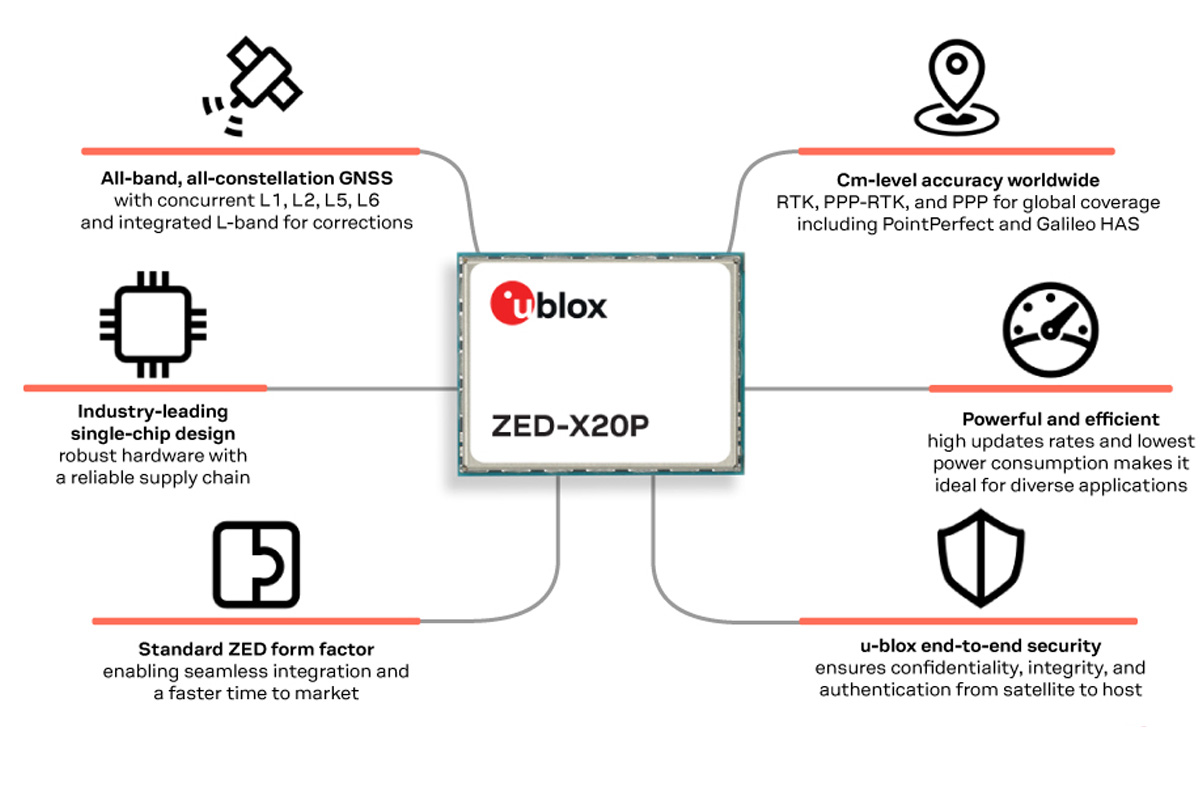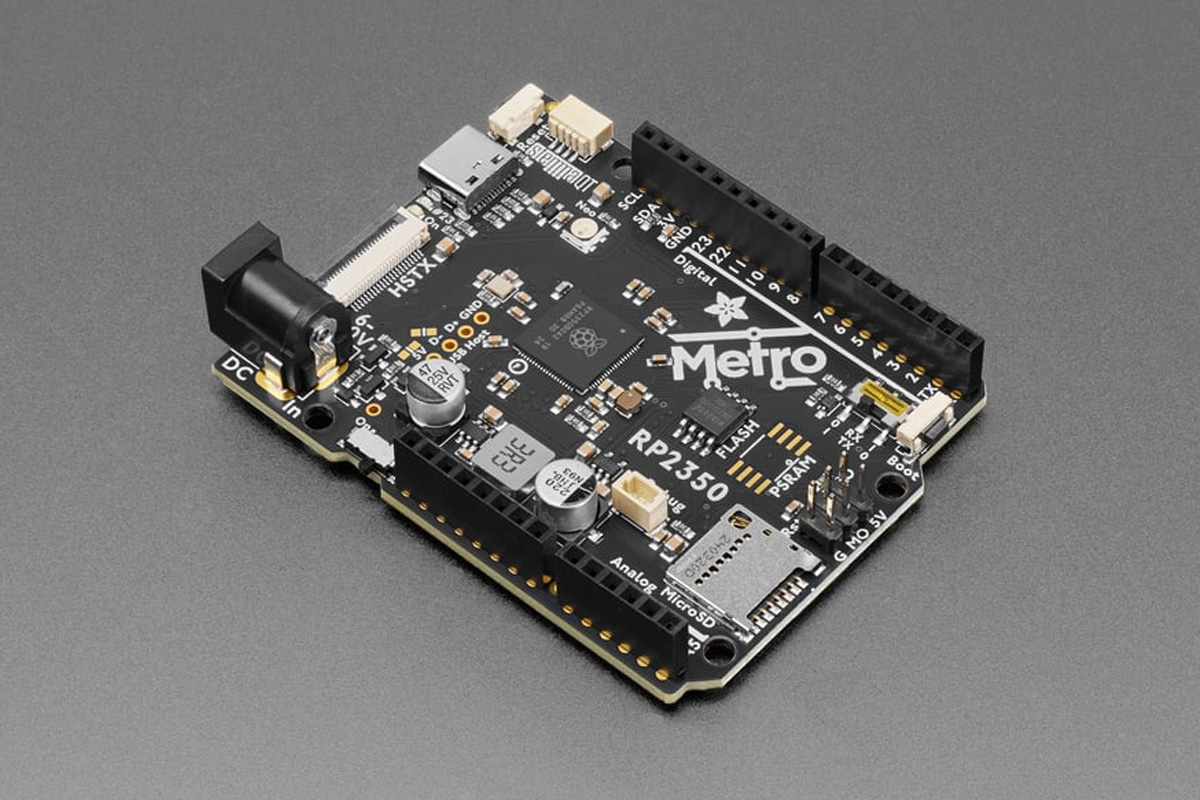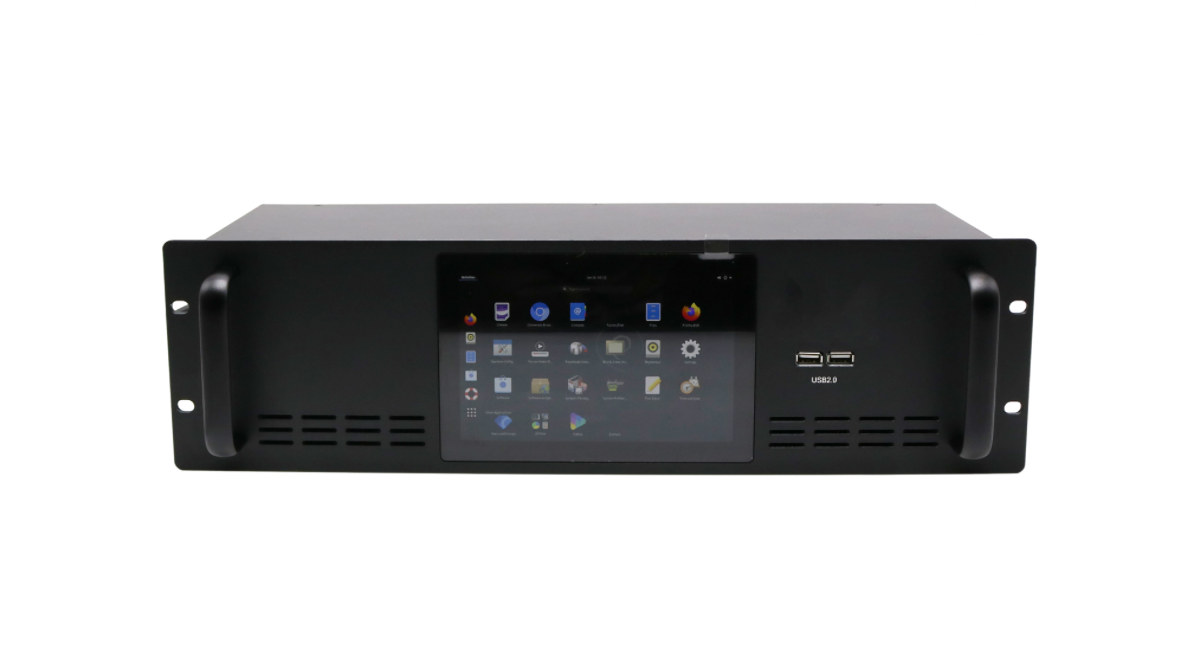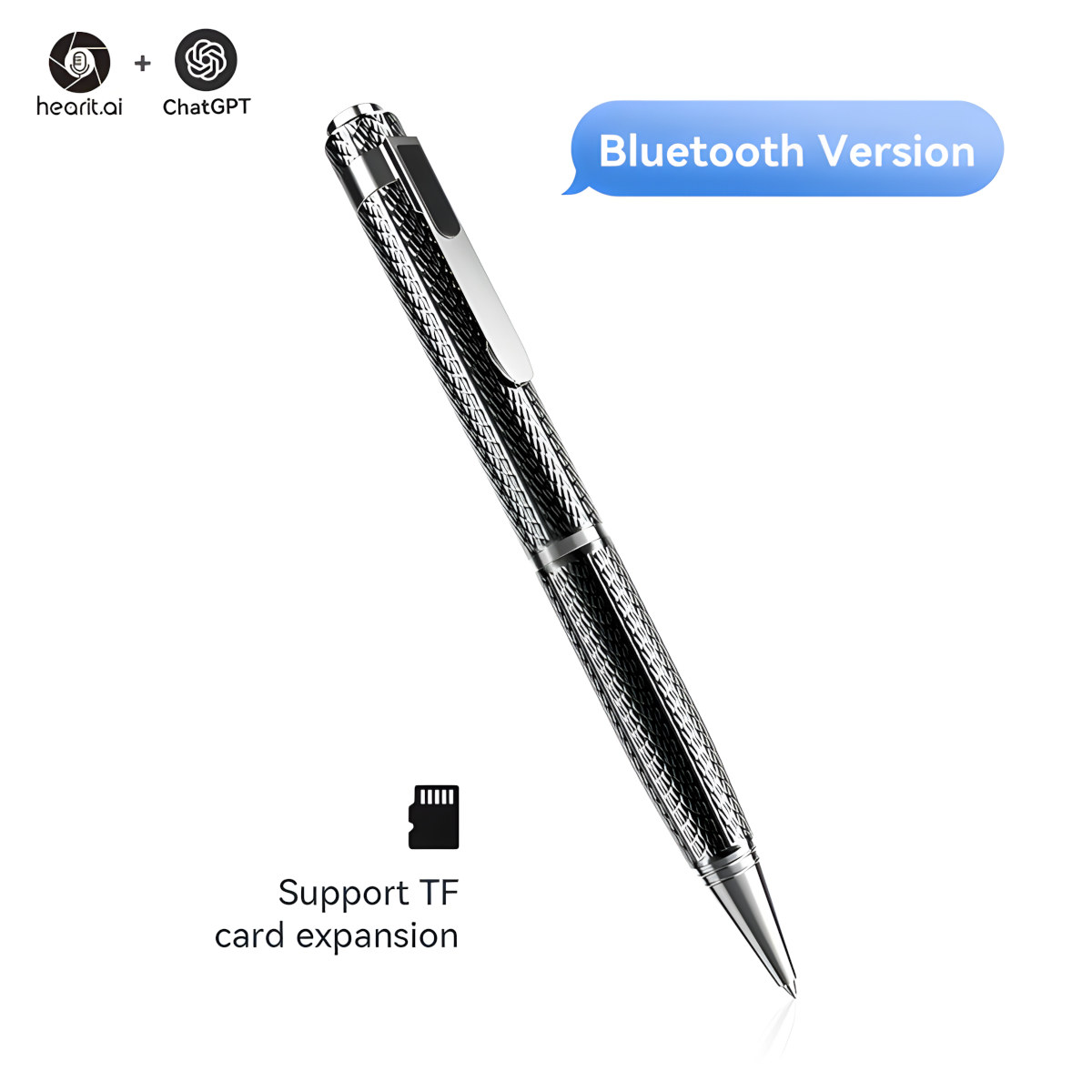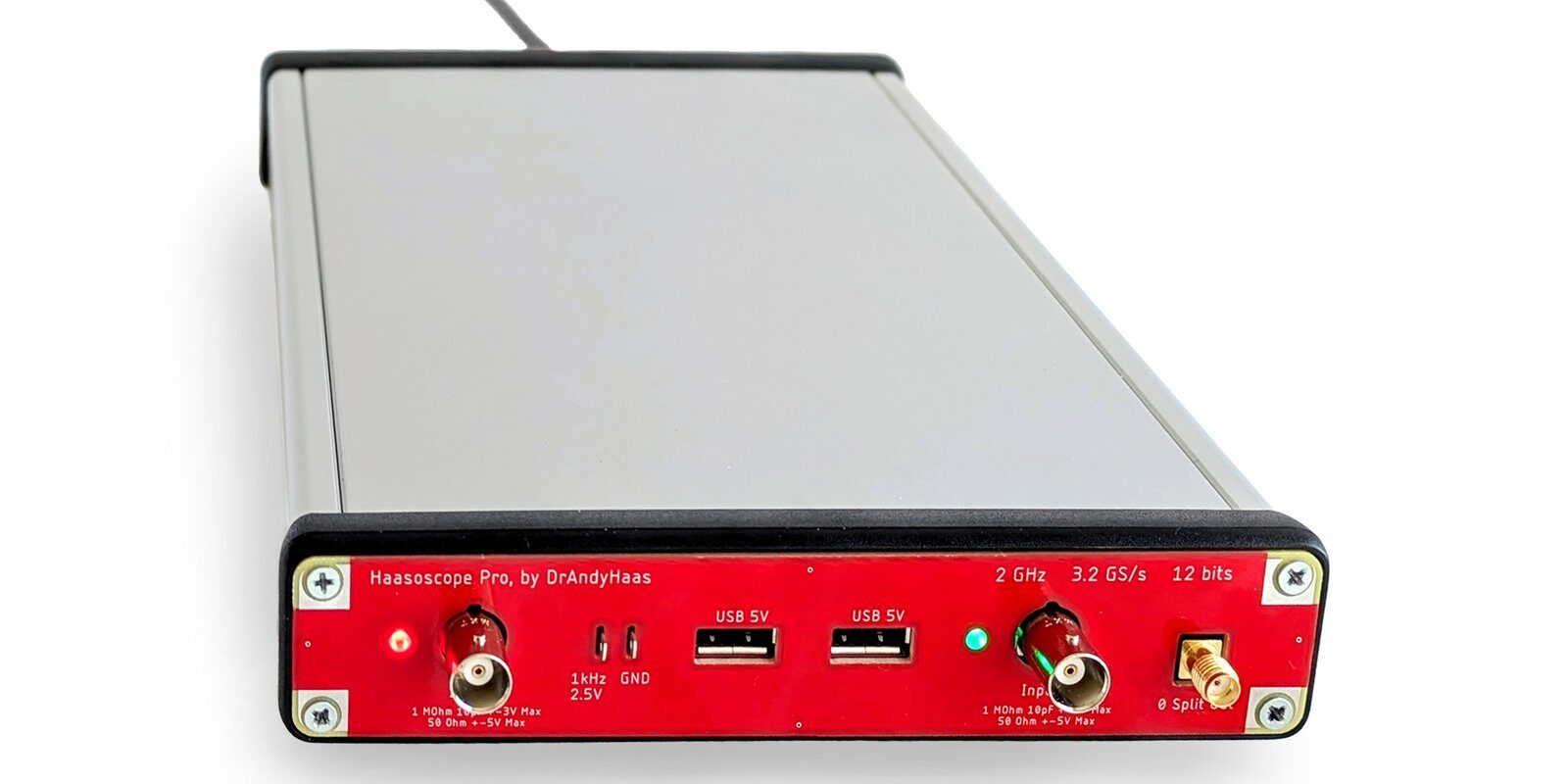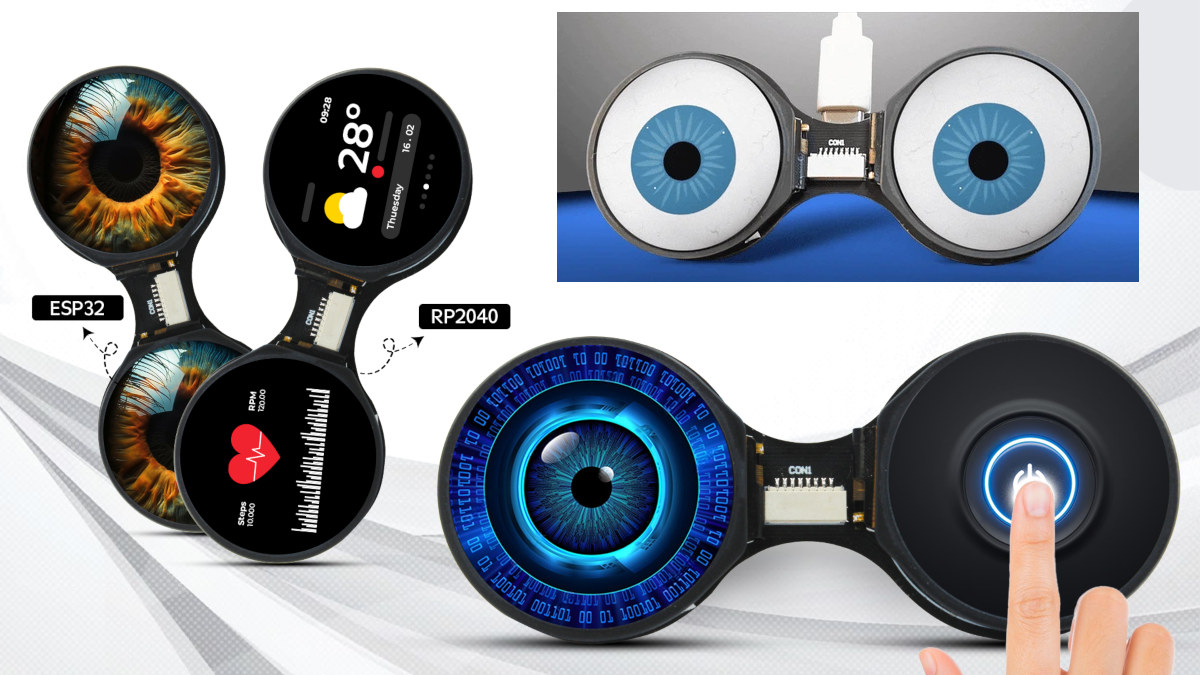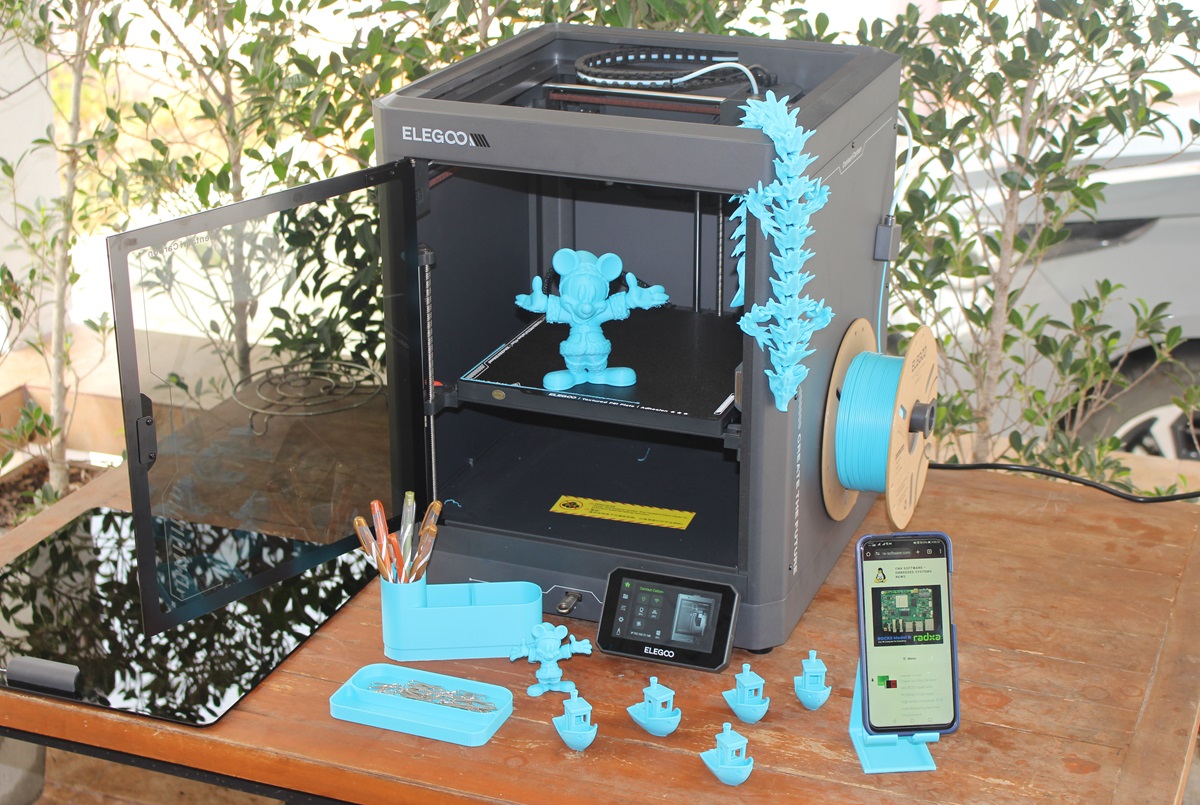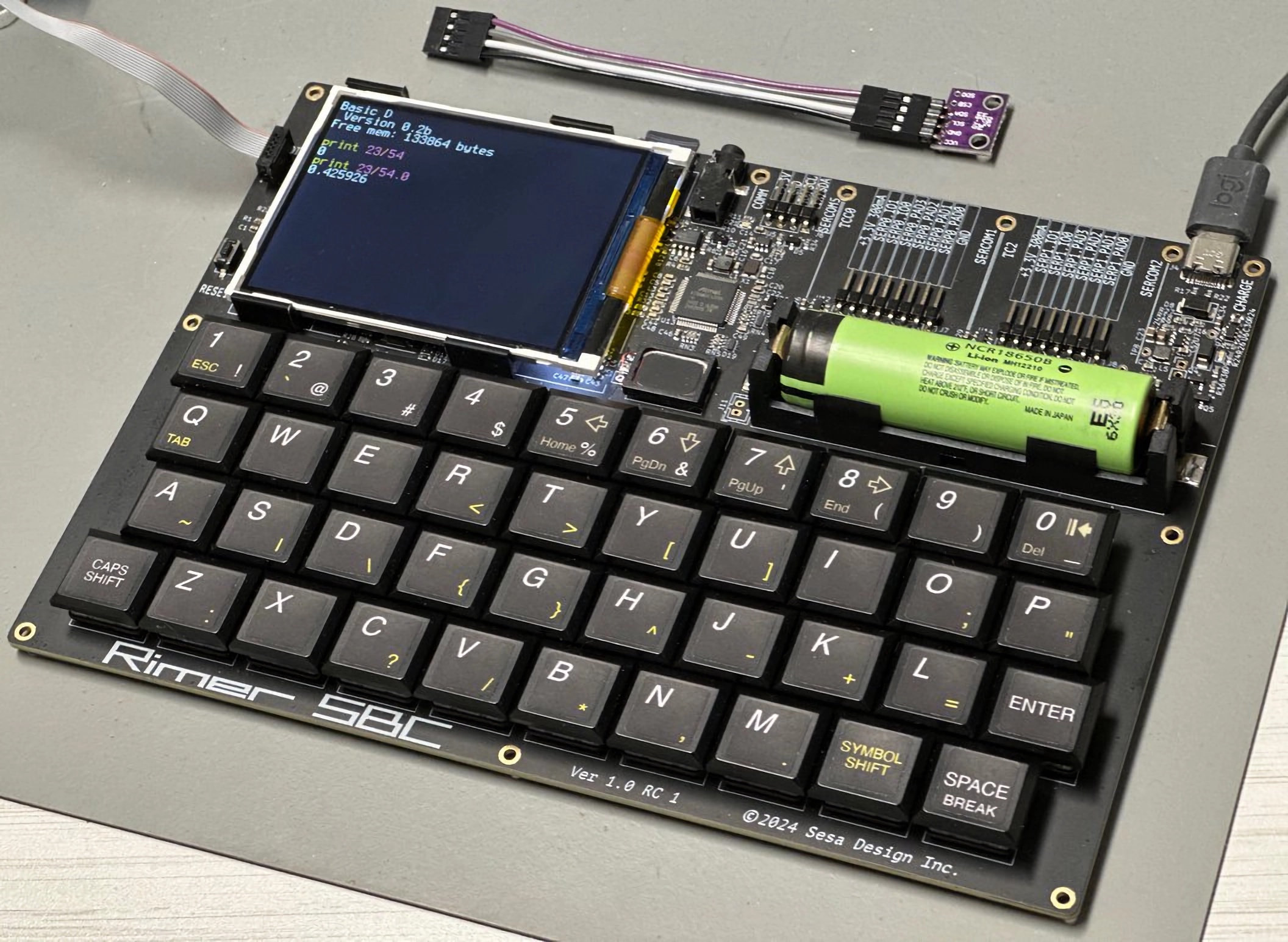Previously u-blox announced the release of the X20 series of all-band GNSS modules, but at the time, the company did not disclose detailed specifications for the module. Recently, they have launched the ZED-X20P all-band GNSS module designed to deliver centimeter-level global positioning at a significantly lower cost, up to 90% less than traditional solutions when considering the total cost of ownership. The module supports L1, L2, L5, and L6 bands across four GNSS constellations (GPS, Galileo, GLONASS, and BeiDou), along with SBAS, QZSS, and NavIC. Additionally, the module is compatible with PPP-RTK, network RTK, and global PPP correction services, along with u-blox’s PointPerfect and Galileo’s free High Accuracy Service (HAS), ensuring precise and flexible positioning. It also features secure boot, signed firmware, encrypted communication, and anti-jamming capabilities, for critical applications. The ZED-X20P maintains the ZED form factor, making the footprint compatible with the ZED-F9P chip for easier upgrades. u-blox says […]
Adafruit Metro RP2350 development board follows Arduino UNO form factor, features HSTX DVI output
The Adafruit Metro RP2350 is a Raspberry Pi RP2350 development board that closely follows the Arduino UNO form factor for compatibility with existing Arduino shields. Key features include 37 GPIOs, a microSD card slot, a 5V buck converter (6–17V input), an onboard RGB NeoPixel, a Stemma QT port for I2C peripherals, a 22-pin HSTX port for DVI video output, and a USB Type-C port for power and data. It also provides a Pico Probe debug port, an RX/TX switch for UART flexibility, and a UF2 bootloader for easy firmware updates. Target applications include IoT projects, embedded system development, hardware prototyping, and educational purposes. Adafruit Metro RP2350 specifications SoC – Raspberry Pi RP2350 CPU Dual-core Arm Cortex-M33 @ 150 MHz with Arm Trust zone, Secure boot Dual-core RISC-V Hazard3 @ 150 MHz Up to two cores can be used at any given time Memory – 520 KB on-chip SRAM Security 8KB of […]
Rockchip RK3588 4K video encoder features four SDI inputs, four SDI loop outputs
Mekotronics R58-4×4 3U is yet another device based on Rockchip RK3588 from the company, but this product is a 4K video encoder with four SDI inputs, and four SDI loop outputs mirroring the SDI inputs. SDI (Serial Digital Interface) inputs are used for transmitting uncompressed, unencrypted digital video signals and typically found in professional video production and broadcasting environments. The SDI interface can also be found in security cameras like the MOKOSE SHD50-2.8-12MM and I can also see it used in cameras designed for live streaming on YouTube, or other services. The main advantages of SDI over interfaces like USB, HDMI, or Ethernet, are that it can use longer cables up to 300 meters, offers better signal integrity, and has near zero latency. Compatibility for professional camera equipment is another advantage. Let’s look at the Mekotronics R58-4×4 3U specifications: SoC – Rockchip RK3588 octa-core processor with CPU – 4x CortexA76 […]
The One Smart AI Pen – A ballpoint pen with Bluetooth and a microphone for translation, LLM integration, note taking (Crowdfunding)
You may have seen the “Sell me that pen. It’s AI-powered” meme if you are a social media user. It may have started as a joke, but Zakwan Ahmad made the meme become reality with “The One Smart AI Pen” which is basically a standard ballpoint pen with a battery, Bluetooth connectivity, a microSD card, and a microphone. The AI part is not exactly inside the pen per se, but in a smartphone’s app called Hearit.ai that allows the user to translate his/her voice input, use a range of LLMs such as ChatGPT, recording a meeting, or taking notes, for example, to schedule events or meetings. The One Smart AI Pen specifications: “AI chip” – Not clear why it’s needed here… unless it transcribes audio into text inside the pen (as opposed to inside the phone) Storage – MicroSD card slot inside the pen Wireless – Bluetooth 5.2 with up […]
Haasoscope Pro open-source, real-time sampling USB oscilloscope supports up to 2GHz bandwidth (Crowdfunding)
The Haasoscope Pro is an open-source hardware, high-bandwidth, and real-time sampling USB oscilloscope. Building upon its predecessor, the Haasoscope, the new Pro model offers a bandwidth of 2GHz, 12-bit resolution, and a 3.2GS/s sampling rate. The Haasoscope Pro USB oscilloscope is “designed to be low cost, while maintaining super-fast performance.” While it only comes with 2 channels, the flexible design makes it possible to combine and sync multiple devices (using Cat5 cables) to double the sample rate or add more channels. The oscilloscope works with standard x10 passive probes but a custom active probe, the Haasoscope Pro-be, is also offered. It supports the full 2GHz analog bandwidth and is priced much cheaper than similar probes. The Haasoscope Pro USB oscilloscope’s high sampling rate and bandwidth make it ideal for radio frequency signal analysis and high-speed digital debugging. It is similar to the ThunderScope Thunderbolt and PCIe oscilloscope which offers more […]
TouchEye dual round touch display module features Raspberry Pi RP2040 or ESP32-S3 MCU (Crowdfunding)
Last December, Debashis wrote about the Waveshare Double Eye LCD module comprised of two round displays that can be useful for robotics or art projects since they can be made to look like googly eyes. The module is designed to be connected to a host MCU via an SPI interface. The TouchEye looks similar but offers larger 1.28-inch round displays (instead of 0.71-inch), and also adds a touch function. Instead of being connected to a host MCU via SPI like the Waveshare model, the TouchEye dual touch display module is a complete board with an onboard MCU that can be either a Raspberry Pi RP2040 or an Espressif ESP32-S3 that also offers WiFi and Bluetooth connectivity. Both boards also feature a USB-C port for power and programming, a microSD card slot, a GPIO breakout connector, and programmable buttons. TouchEye module specifications: MCU (one or the other) Raspberry Pi RP2040 dual-core […]
ELEGOO Centauri Carbon Review – An affordable CoreXY 3D printer suitable for beginners
CNXSoft: When ELEGOO offered us the Centauri Carbon CoreXY for review, Kajornsak was already busy with the review of the Saturn 4 Ultra 16K resin 3D printer, and I was busy (and still is) with other reviews. However, after learning it was suitable for beginners, I asked Kuljira, a high school student learning IT, whether she was interested in reviewing a 3D printer. She accepted and ELEGOO sent a sample for review. I did not provide much support apart from links to my review of the Creality Ender-3 S1 Pro 2-in-1 3D printer (in English) and Kajornsak’s review of the Twotrees SK1 CoreXY 3D printer (in Thai). Apart from that, I did not provide any support except once I told her she might need to add support after a print with spaghetti, and Suthinee helped her take pictures and handle writing a review in WordPress. The review below is a […]
Rimer SBC is a Microchip SAMD51 Cortex-M4-based development board with a built-in LCD, keyboard, audio, and battery
The Rimer SBC is a development board based on a Microchip SAMD51 Cortex-M4 microcontroller and designed as a complete standalone playground with a built-in display, keyboard, audio input and output, a few I/Os, and a 60x20mm LiPo battery or an optional 18650 battery holder. It is specifically based on the Microchip ATMSAMD51J20A microcontroller, running at 120MHz with 1MB of flash memory and 256KB of RAM, and utilizes many of the peripherals available in the TQFP64 package. The board includes a 3.2-inch 320 x 240 IPS TFT LCD connected via high-speed SPI and a 40-key mechanical keyboard scanned via an I2C GPIO expander. It also features an amplified 700mW speaker output and buffered analog input and output is routed via the 3.5mm audio jack. The Rimer SBC’s standalone nature makes it suitable for on-the-go development, rapid prototyping, and educational purposes without the need for external hardware. The maker also plans to […]


